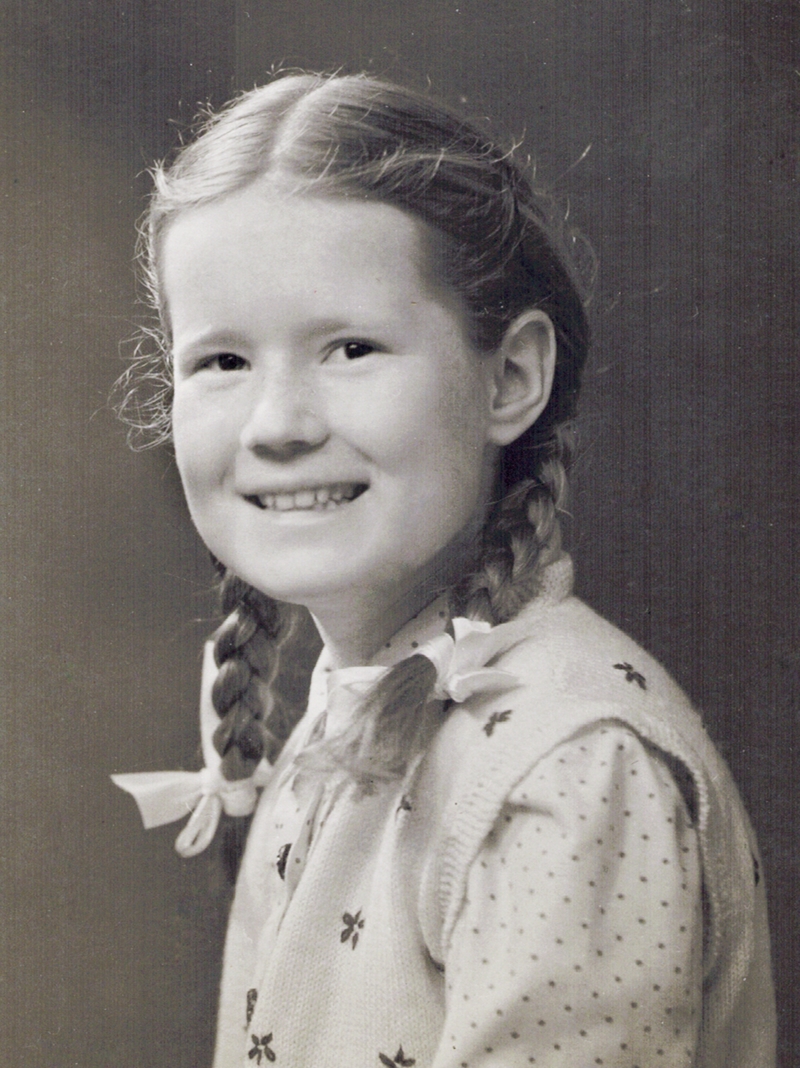An image comes vividly to my mind as I write. I am a young child and my mother is plaiting my hair. The plaits grow gradually longer and more intricate. Eventually I would learn to do them myself. The trick is to divide the long hair equally to avoid skewed, untidy and unbalanced pigtails vulnerable to break-up and lost ribbons. However, not long after that achievement, the plaits were cut off—much to my relief and a strong desire to fit in with my peers at boarding school.
Plaits can be a metaphor for our growth, both conscious and unconscious. The hair is an innate part of us. We cannot feel with it, but we can see the results and feel the knots of a wounding yank or a pulled pigtail. The plaiting requires three equal strands to be intertwined with varying results, but the whole keeps on growing whatever the circumstances in the outer world, which, in turn, may have a strong effect on the outcome of the plaiting process. Did that hurt? How does it look to others? Does the style suit the person? How does it feel? Above all, is the hair still growing healthily from the depth of its roots? Is it nourished and well integrated as a part of us? If any of these are questionable, then why? Do we understand the cause? Understanding improves the process and outcome.
Our growth—physical, spiritual and psychological—is also a type of psychological plaiting process. There is the outer conscious, ego-managed journey of life and the inner and hidden unconscious and central forces, the well-spring, called the Self—a nourishing and enabling force.
Jung called this Individuation. The goal of life is to become more and more conscious and in touch with one’s true Self. This is a mysterious and challenging life-long process—a story—of growth and change. It may be disturbed or blocked by life’s knots, wounds and tangles, in which case we may need psychological professional help.
Reviews
Gillian enthrals me with her sensitive descriptions of her early life (travels with golly and elder!) … Can't wait for the next volume!
— Pam Stirling (UK)